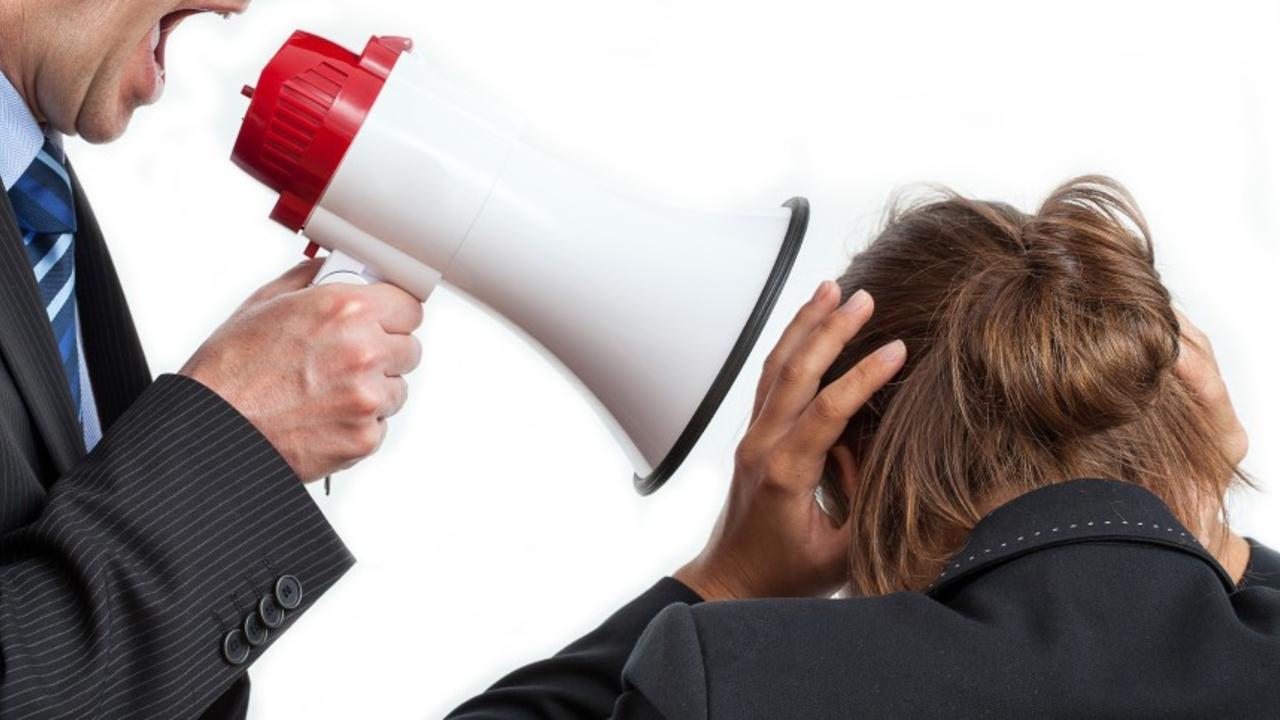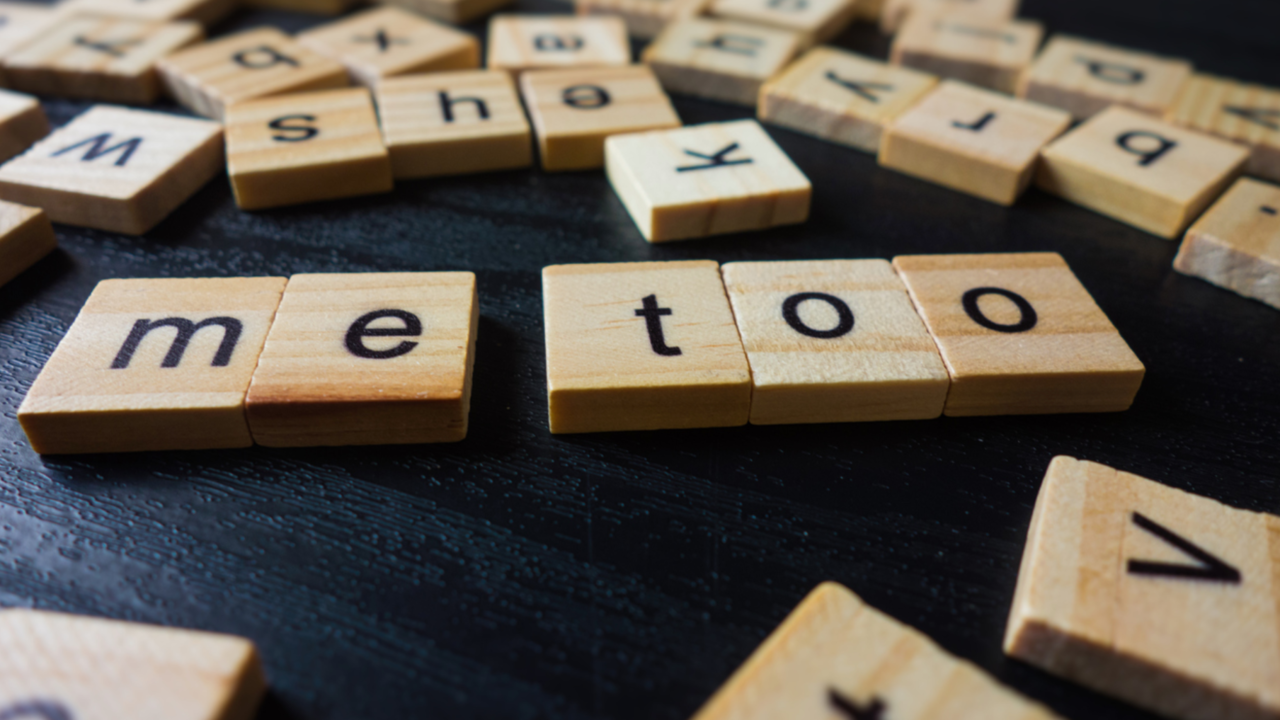Why so many employers side with abusers — and the consequences for them

Let's face it: abusers at work rarely face consequences for their abusive behaviors. More often than not, targets get dismissed, discounted, or flat-out ignored, which of course sides with abusers. Top-level executives most often support higher level managers in the name of preserving their team to work in the direction of their company goals and preventing liability by admitting fault.
But in choosing to support abusers and leave targets unprotected, employers actually work against their own self-interests. When they fail to hold abusers accountable, employers create an increasingly toxic culture, emboldening abusers and sending their top performers to their competitors.
Sadly, many employers protect abusers by either ignoring complaints or conducting sham investigations, having no interest in correcting a problem that doesn't serve them in the long-term.
Take Your Dignity Back
If you feel like you’re stuck in a big rut that’s destroying your life, learn how to reverse the damage...
Targets vs. business leaders: a major gap in perceptions of workplace abuse as a serious problem

When HR departments give training on core values or discrimination, a logical response from employees is to believe their employers care about their well-being.
But not so fast.
When employees take complaints to HR departments, employers often individualize the problem to avoid liability, touting beliefs in employee well-being but take opposite action.
Let's take this disconnect one step further. Author Andrew Faas interviewed 138 leaders about bullying and found that most leaders are unaware of what workplace bullying even is. For those who are aware, most don’t view it as violence or a business risk (even though most said they’d been targets after seeing a definition of it).
Sadly, these findings mean that most cultures are toxic. Faas found that:
- The majority of leaders said they used bullying to get things done, using fear as a motivator because targets have performance or attitude issues.
- Most leaders didn’t see the connection between bullying and performance, rejecting ...
How we deal with Harvey Weinstein's world, the culture of abuse of power

We've all seen our Facebook feeds flood with #metoo after the Harvey Weinstein allegations spread, showing the sad culture of sexual harassment and sexual assault far too many women (and some men) have endured. It's a culture most of these sufferers have had to tolerate to succeed "because this entire town [culture] is built on the ugly principals that Harvey takes to a horrific extreme," says Krista Vernoff, who co-runs ABC's Grey's Anatomy (HollywoodReporter.com).
"If I didn't work with people whose behavior I find reprehensible, I wouldn't have a career.... We work within this culture so we can amass some power so we can have a voice. And those who don't do that — those who shout and scream 'this is not OK' when they feel threatened or belittled (those women who DID speak out against Harvey BEFORE the New York Times piece) — they largely live on the fringes of this town. They don't get the power. They don't get the platform that the mainstream provides," she says.
But there's anot...
Completely absurd reasons why bullies get ahead

So you have a reputation of being a go-to person at work. One who gets things done and gets them done well. One who wants your organization to be great.
But suddenly you look around, and it’s the selfish, incompetent ones clawing their way to the top while you’re stuck reporting to them, making less money than them, and getting bullied by them.
So what’s the deal? How did this illogical power structure become so common?
- They’re great at maneuvering. They kiss up and kick down, so those who promote them either don’t see the damage they cause or don’t care about the damage they cause, but everyone else does.
- They’re entitled. When bullies simply take power and feel entitled to dictate, belittle, control, or manipulate targets by calling them “sensitive” or “emotional,” and others believe the dismissal of the targets rather than hold the bullies accountable, bullies get ahead. But it’s not just about believing bullies. It’s about seeing sensitivity as negative rather than human or t ...
Why are we ignoring abuse of power that’s not sexual harassment?

With the growing protest of sexual harassment in Hollywood, a lot of us are left wondering: why are we ignoring that when abuse of power isn’t of a sexual nature, countless competent and ambitious workers (mostly women and non-white workers) get pushed out of their jobs? Why are only those in protected classes (gender, race/ethnicity, religion, color, national origin, age, sexual orientation, individuals with disabilities, and veteran status) accounted for under law when general workplace bullying is four times more common than sexual harassment (because discrimination gets funneled through bullying acts)? Why should someone choose between their health or a paycheck because their competence — rather than their protected class — threatens the power abuser?
While #metoo exposed that law can’t protect everyone when they’re forced to choose between speaking up or preserving their jobs, sexual harassment law certainly moved the needle on the norms of sexual abuse in the workplace. But when...
